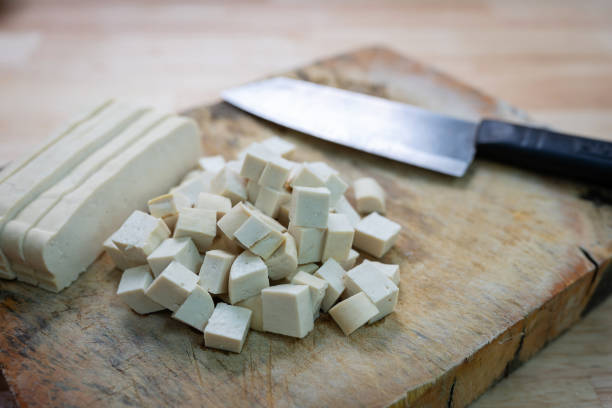Paneer is a type of fresh cheese commonly used in Indian cuisine. It is made by curdling milk with a food acid, such as lemon juice or vinegar, and then draining and pressing the curds. Paneer has a firm texture and a mild flavor, making it a versatile ingredient that can be used in a variety of dishes, from curries to sandwiches.
One of the main benefits of paneer is its high protein content. A 250 gm serving of paneer contains approximately 20-22 gm of protein, making it a great source of protein for vegetarians and vegans. Protein is essential for building and repairing muscles, as well as for maintaining healthy bones and skin.
Paneer is also a good source of calcium, which is important for maintaining strong bones and teeth. A 250 gm serving of paneer contains approximately 300-400 mg of calcium, which is about 30-40% of the daily recommended intake.
In addition to protein and calcium, paneer also contains small amounts of other essential nutrients, such as phosphorus, vitamin B12, and zinc.
On the other hand, paneer is high in fat and calories, with a 250 gm serving containing around 20-22 gm of fat and up to 400 calories. This makes it a less suitable option for people who are trying to lose weight or maintain a low-fat diet.
Additionally, paneer is also high in cholesterol, with a 250 gm serving containing around 100-120 mg of cholesterol. This can be a concern for people who are at risk of heart disease or high cholesterol.
In conclusion, paneer can be a healthy addition to a balanced diet, as long as it is consumed in moderation. Its high protein and calcium content make it a great source of essential nutrients for vegetarians and vegans. However, its high fat and calorie content make it a less suitable option for people who are trying to lose weight or maintain a low-fat diet. It’s also high in cholesterol, so it should be consumed in moderate amount by people who are at risk of heart disease or high cholesterol.

 Home
Home Health
Health Diet & Nutrition
Diet & Nutrition Living Well
Living Well More
More












